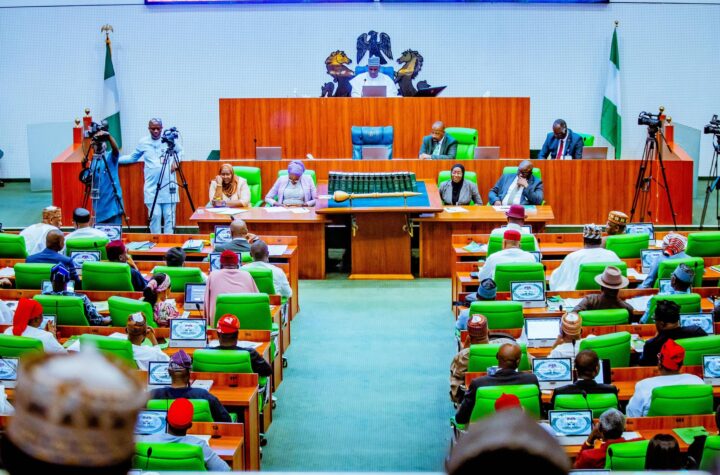By Mercy Aikoye
Speaker of the House of Representatives, Tajudeen Abbas, on Monday pledged commitment to appropriate legislation that will foster digital learning and technical education in the country.
Hon. Abbas who was represented by Hon. Auwalu Gwalabe (member representing Katagum Federal Constituency of Bauchi State) at a public hearing organised by the House Committee on Federal Polytechnics and Higher Technical Education on four Bills, said what is required is a strong collaboration on the side of the government and all stakeholders.
He said that the four bills seeks to establish the National Vocational Centre; Federal Artificial Intelligence Institute, Aliade, Benue State; Federal College of Science and Technology, Askira-Uba, Borno State; and National Institute for Technical and Vocational Education, Wamba, Nasarawa State.
While noting that Polytechnic education would continue to be relevant to the Nigerian economy for the much needed industrial development, Hon. Abbas pointed out that in recent years, there has been an increasing recognition of the important role that science, technical and vocational education plays in national development.
He said with the emergence of new technologies such as artificial intelligence, it is no longer sufficient for educational institutions to merely impact theoretical knowledge but stressed that youths must be equipped with practical skills that will enable them to thrive in an ever-evolving technologically driven job market.
He said the House was committed to ensuring access to quality education as well as improving educational infrastructure and teacher quality.
Abbas said the public hearing was a reflection of the desire and commitment as a House to prioritise technical and vocational education as part of the ongoing social sector reform and development of the present administration.
Chairman of the Committee, Hon. Fuad Kayode Laguda, said each of the Bills is designed to improve Nigeria’s educational development and to promote sustainable human capital development necessary for a self-reliant society.
He said there is a need to prioritise and recognize the advantages that come with Science, Technology, Engineering and Mathematics (STEM) in driving economic growth.
Furthermore, he said, there is a need for adequate empowerment of Nigerian youths with knowledge of technologies to adequately optimise their contributions to Nigeria’s industrialization.
The lawmaker said the passage of these Bills into Law would not only ensure that the workforce is technologically empowered, but can also be used to tackle the issues of unemployment, wealth creation, poverty reduction, insecurity and as a veritable tool in curbing youth restiveness.



